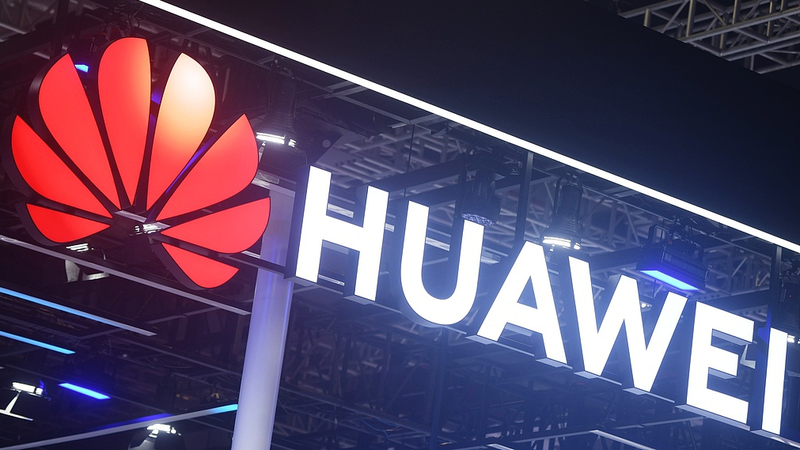On May 19, Huawei will unveil its first personal computers running HarmonyOS, marking a major step for the Chinese tech giant. This move expands the HarmonyOS ecosystem beyond smartphones and tablets into the PC market, directly challenging Windows and macOS.
After five years of research and development, Huawei's new PCs boast robust security with a dedicated encryption chip, secure access controls and encrypted data sharing. Users can move seamlessly between their Huawei phone, tablet and PC screens using a single keyboard and mouse, reflecting the company's vision for a super device ecosystem.
HarmonyOS (Hongmeng in Chinese) launched in August 2019 as an open-source, multi-device operating system. Huawei says the PC lineup supports connectivity with over 1,000 external hardware devices and runs more than 150 dedicated PC applications, alongside 300 ecosystem-compatible apps from its developer community.
Tech analysts point out that HarmonyOS PCs face an uphill battle. Windows and macOS still dominate with a mature app ecosystem and long-standing user base. Adoption will depend on how quickly Huawei can grow its software library and convince consumers to switch.
For business and tech enthusiasts, the launch is a signal that the operating system landscape is evolving. If HarmonyOS gains traction, it could spur innovation in cross-device computing and reshape expectations for how our gadgets work together.
Young global citizens and digital nomads, keep an eye on May 19: Huawei's HarmonyOS PCs might just be the next big thing in connected computing.
Reference(s):
cgtn.com




